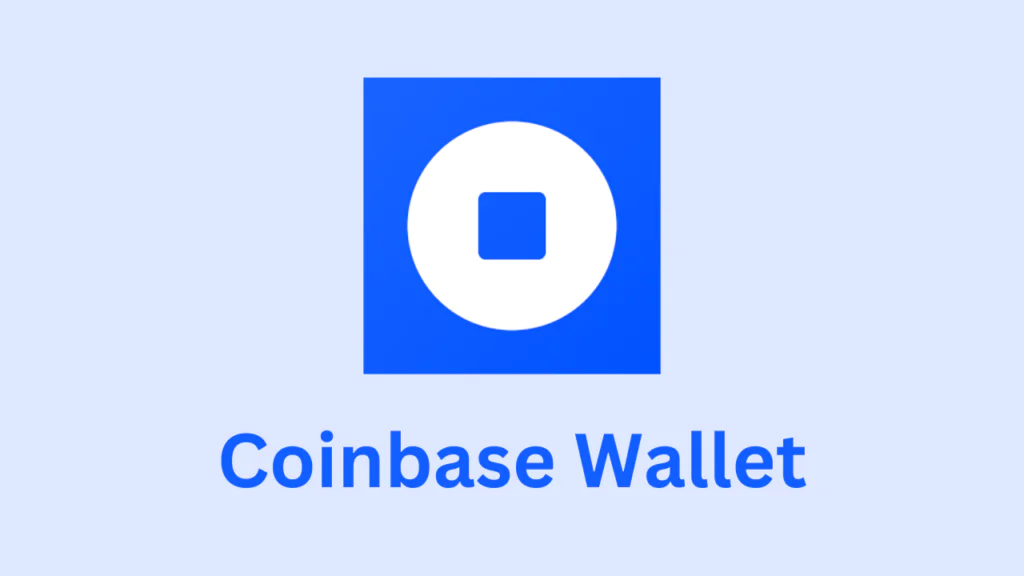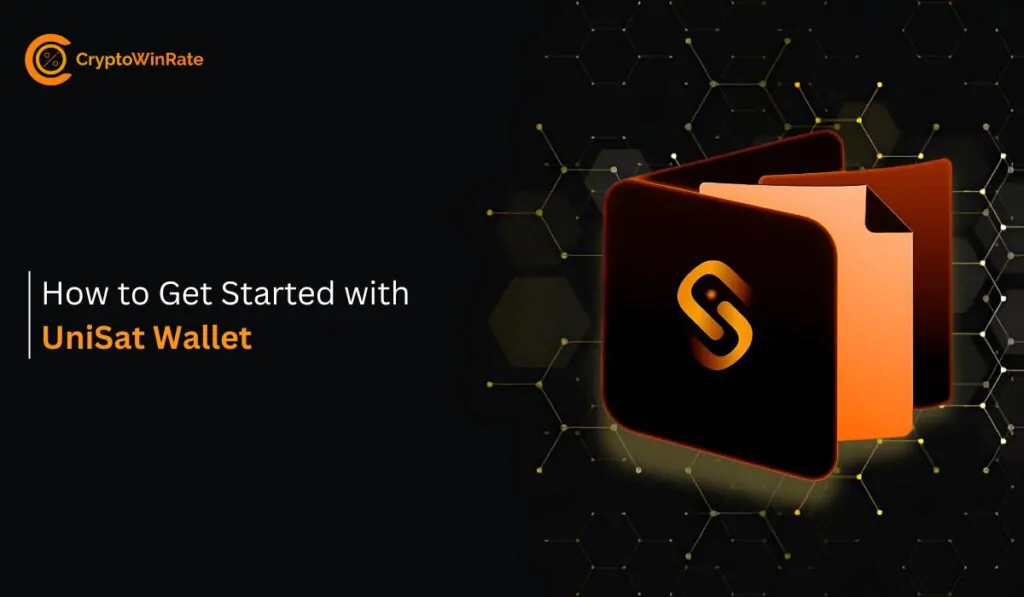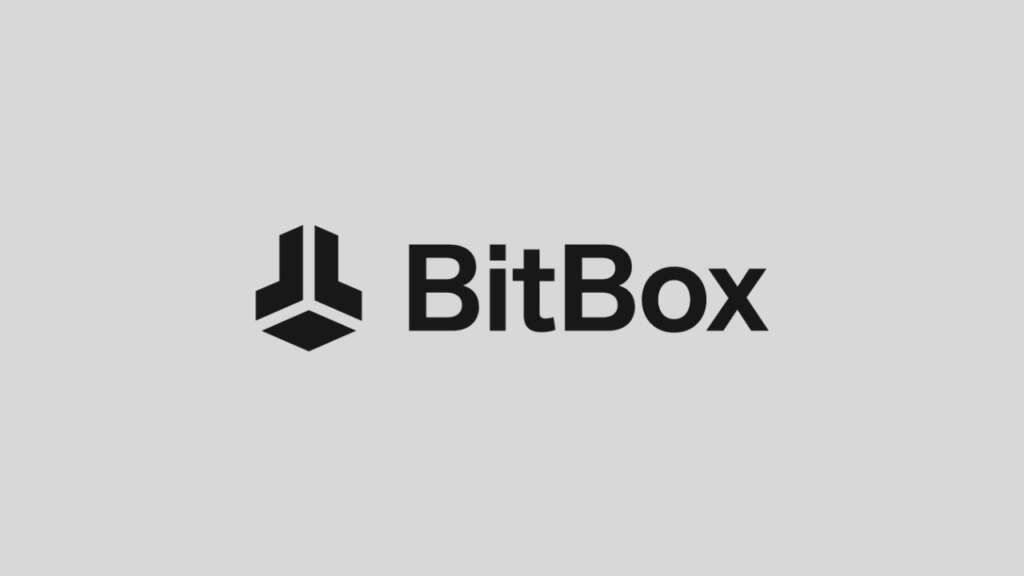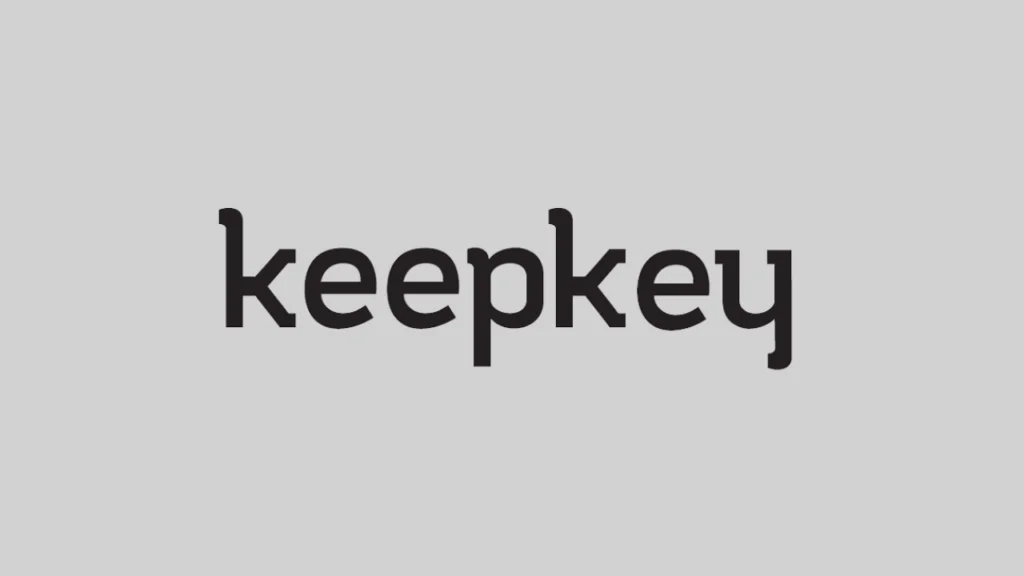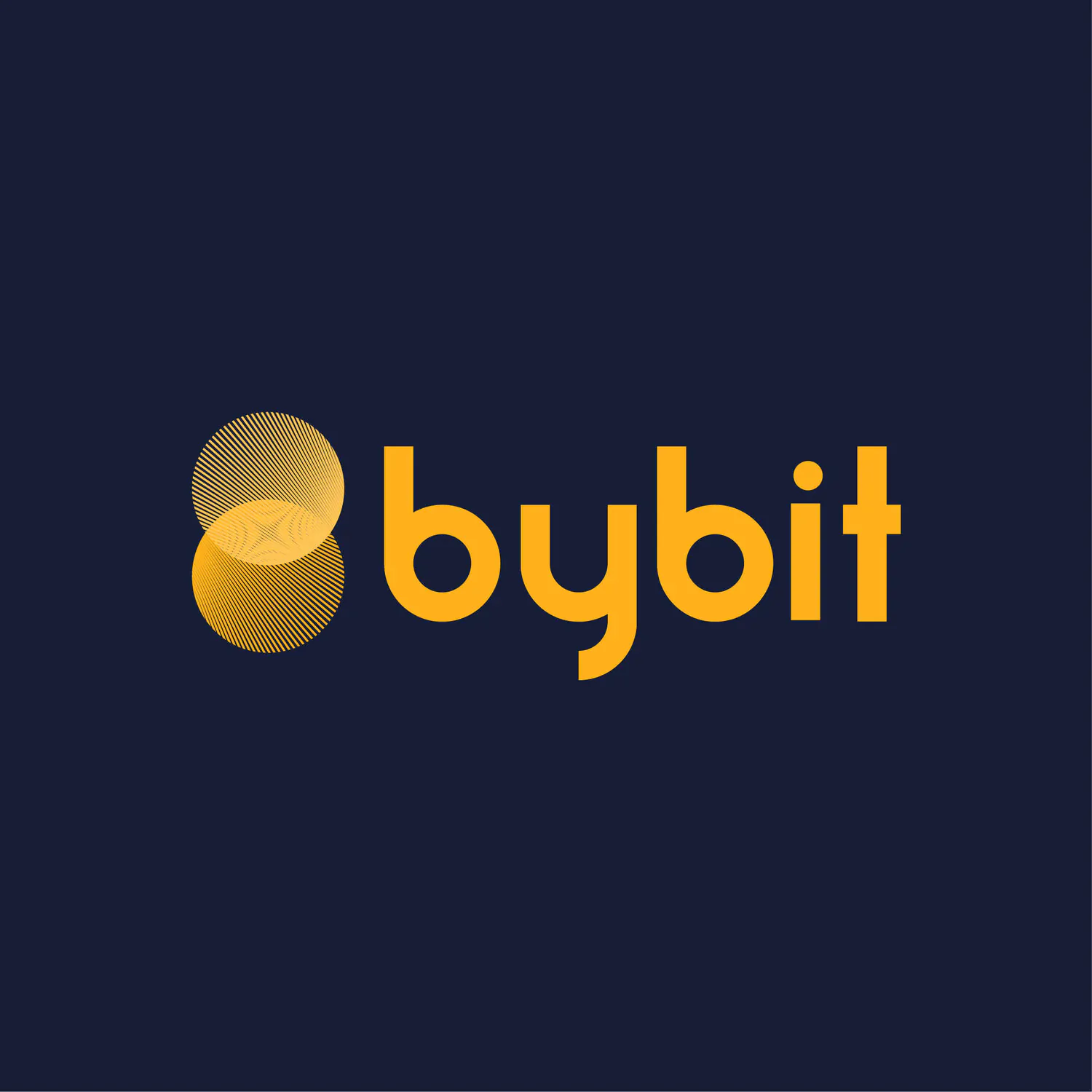Coinbase Wallet is a digital wallet and one of the most popular cryptocurrency wallets in the world. Its integration with Coinbase Consumer, a decentralized cryptocurrency exchange, is significant in its popularity.
The Coinbase wallet is very secure because of its seamless connection with the Coinbase exchange platform, making it a popular option for investors and crypto-enthusiasts to protect their digital assets. The Coinbase wallet is an example of a hot crypto wallet since it uses hot storage for cryptocurrency.
Coinbase Wallet stands out as one of the best crypto wallets for newcomers to cryptocurrencies and digital assets. It offers the capability to hold a diverse range of coins, tokens, non-fungible tokens (NFTs), and other digital assets, making it an ideal choice for those just starting in the crypto space. Its seamless integration into dApp browsers enables users to create a Coinbase account effortlessly on various devices, such as Android and iOS mobile platforms.
In this article, we will look deep into the Coinbase crypto wallet.
Coinbase Wallet Pros and Cons
Pros
- Supports and compatible with many Networks
For those new to the world of crypto investment, having a wallet that supports many crypto assets is crucial. In this aspect, Coinbase Wallet is the best option since it supports many prominent networks’ tokens, including Ethereum, Bitcoin, Litecoin, chains compatible with the EVM, and all ERC-20 tokens. Users who explore the blockchain world have access to a broad range of investment options because of this large variety of supported networks.
- Easy to Use and Beginner Friendly
Dealing with a complex digital wallet, especially as a beginner in the cryptocurrencies and NFTs world. However, Coinbase Wallet offers a simplified user interface and straightforward navigation, which makes using the app a breeze. This simplicity allows users to concentrate on more important aspects, such as managing their wallet effectively or understanding crypto taxation.
- Two-factor authentication
Coinbase Wallet employs two-factor authentication (2FA) to increase the security of their account. When 2FA is enabled, any attempts to log in from an unknown device or transfer crypto from the wallet trigger the two-factor authentication procedure for increased security.
Users must set up 2FA using a private security key before enjoying this feature. You can enable 2FA using third-party apps like Duo or Google Authenticator or, as a backup option, by using SMS authentication.
Cons
- Does not Function Well on desktop
Coinbase Wallet is exclusively accessible as a mobile app, compatible with phones and tablets. While a Google Chrome extension is available, it doesn’t provide the complete version of Coinbase Wallet for desktop computers. Nevertheless, you can utilize the Chrome extension to handle your tokens, conduct crypto purchases or transfers, and search for digital assets. However, it’s important to note that you won’t be able to create a new wallet using the Chrome extension; to set up a new wallet, you must first use the Coinbase Wallet app.
- Pricey transaction fees
Coinbase provides users with convenience and simplicity in return for higher-than-average transaction fees. When conducting transactions involving wallets outside the Coinbase ecosystem, such as funding your Coinbase crypto wallet or making withdrawals, Coinbase will impose a fee. This aspect makes the product less competitive compared to other crypto wallets that may offer lower transaction fees or even free transactions.
- No Standard Transaction Fee
Additionally, Coinbase doesn’t have a standardized pricing plan for its transaction fees. Before finalizing the transaction, users may only see the fee breakdown on the trade preview page. It is difficult to compare Coinbase’s total costs to those of other crypto wallet providers on an impartial basis due to this lack of transparency.
Coinbase Wallet Features
Coinbase Wallet is a non-custodial crypto wallet offering a secure platform to store vast digital assets exceeding 100,000. Users can also explore decentralized applications and effectively manage their Ethereum and Polygon-based NFTs.
Presently, Coinbase Wallet supports a range of networks, including Bitcoin, Ethereum, Binance Smart Chain, Dogecoin, Litecoin, Polygon, Stellar, and Ripple. Moreover, it accommodates numerous Ethereum Layer-2 solutions, such as Arbitrum and Optimism.
Within the app, users can directly swap Ethereum and Polygon-based assets using the decentralized exchange feature. You can buy non-Ethereum and polygon assets through the in-app crypto buying option.
The main focus of the Coinbase Wallet is to manage private keys and securely store users’ cryptocurrency holdings directly on their devices. It is a hot wallet compatible with hardware wallets like KeepKey, Ledger, and Trezor. It does not serve as a centralized brokerage or exchange. Still, it facilitates sending and receiving transactions to and from these exchanges.
The wallet provides robust security for storing digital assets. Private keys and public keys receive tight protection within the wallet.
Furthermore, Coinbase Wallet allows users to earn interest on their crypto assets through staking. With the Coinbase Wallet, users can effortlessly showcase their NFTs on the Ethereum and Polygon blockchains without incurring additional charges. While the wallet is free to use, it comes with relatively high transaction fees for asset trading and swapping.
The wallet’s optional cloud backups offer valuable assistance in recovering lost private keys and crypto assets. Coinbase Wallet allows easy integration with crypto-friendly bank accounts, enabling users to buy or sell cryptocurrencies with potential profit margins efficiently. Moreover, the wallet supports major fiat currencies like US Dollars (USD).
Moreover, with a focus on high compliance standards, Coinbase Wallet adheres to specific KYC rules outlined in the Coinbase. It boasts a robust security system that ensures the protection of your assets. Being non-custodial, it guarantees that only you can access your cryptocurrencies, preventing Coinbase from using your crypto for its business operations, similar to the FTX incident. Additionally, in the unlikely event of a hack on Coinbase’s servers, your funds remain safe.
Coinbase WalletSecurity
By requesting your biometric data or passcode while configuring your mobile wallet, the Coinbase wallet places an emphasis on security. To prevent unwanted access to your assets, you must enter a password into the browser extension.
A standout security feature is the Secure Enclave, developed by Coinbase, which adds an extra layer of protection. Additionally, cryptocurrencies on the wallet are safeguarded by biometric authentication, allowing only authorized users access to their crypto funds and ensuring restricted user-only entry.
Coinbase Wallet Offerings
Coinbase caters to a diverse audience by offering crypto wallet products designed specifically for individuals, businesses, and developers.
Individuals
For anyone looking to start trading digital assets on their own, Coinbase Wallet is the best entry-level choice. You can store digital currencies, non-fungible tokens (NFTs), and cash without paying fees by opening a Coinbase Wallet account. It’s crucial to remember that Coinbase does charge a fee for every transaction using a non-Coinbase wallet, so there would be fees for buying or trading digital assets with a wallet not hosted on the Coinbase platform.
Businesses
Businesses looking to accept crypto payments may use Coinbase Commerce. This software lets companies of all sizes accept over ten well-known cryptocurrencies as payment methods, including Bitcoin, Ethereum, and Tether. It works similarly to a personal cryptocurrency wallet.
Self-managed and Coinbase-managed Commerce accounts are the two accounts in this category. These two accounts come with fixed transaction costs of 1% and committed users. Businesses manually manage private key management and currency conversions for self-managed accounts. While Coinbase-managed accounts provide a more simplified experience, they automatically undertake these duties.
Developers
The Coinbase Wallet SDK is a comprehensive software package created specifically for dApp developers seeking to integrate their applications with the Coinbase ecosystem. By utilizing this SDK, developers enable Coinbase Wallet users to easily discover and engage with their dApps, making it particularly beneficial for decentralized finance (DeFi) apps. Access to the Coinbase Wallet SDK is available free of charge.
Coinbase Wallet Supported Coins
Like the Coinbase platform, the Coinbase wallet supports cryptos like Bitcoin (BTC), Ethereum (ETH), Bitcoin Cash (BCH), Basic Attention Token (BAT), Litecoin (LTC), Ethereum Classic (ETC), and other cryptocurrencies are supported via the Coinbase wallet.
The wallet also offers support for multiple fiat currencies from different nations. Over 50 fiat currencies, including the US Dollar (USD), Canadian Dollar (CAD), Australian Dollar (AUD), Euro (EUR), and several others, are available to users throughout the world to add money to their wallets.
Coinbase Wallet Customer Support
Coinbase users have multiple channels to connect with customer service representatives, including phone, email, and Twitter. Upon logging into the Coinbase website, users can access an email support form with the phone number for inquiries. Submitting the online form is a useful way to receive the best customer support for the wallet. Additionally, a live chat feature is available, but it is exclusively for Coinbase and Coinbase Pro users.
Sadly, Coinbase has a reputation for subpar customer service over time, particularly following significant wallet hacks or glitches. Despite the courteous nature of the customer representatives, their response times to inquiries and complaints tend to be sluggish and frustrating.
Coinbase Wallet Pricing and Fees
The Coinbase wallet is freely available for download on Android and iOS platforms, making it accessible to users at no cost. You can find the app on Google Play and Apple App Store.
It’s important to note that while the Coinbase wallet itself is free to use, transaction fees do apply for both wallet and exchange services. Nevertheless, Coinbase imposes fees on all transactions that involve non-Coinbase wallets and payment methods. Consequently, a fee is applicable whenever you wish to purchase cryptocurrencies, NFTs, or any other digital asset from a dApp or non-Coinbase wallet.
Coinbase lacks a standardized pricing structure for non-Coinbase transactions. Instead, each fee is calculated at the time of the transaction and influenced by various factors. However, there are no fees charged by Coinbase Wallet for supported cryptocurrencies or transferring primary balance crypto from one Coinbase Wallet to another. These particular services are exempt from any additional charges.
Coinbase does charge fees on all transactions involving non-Coinbase wallets and payment methods. You must pay a fee whenever you want to buy crypto, NFTs, or any other digital asset from a dApp or non-Coinbase wallet.
The wallet user may be charged a variable fee to trade on the Coinbase platform. The mode of payment affects this variable transaction fee. Other factors include the user’s location and the trade order style, whether traditional or immediate. These variable costs vary from 1.49 to 3.99% of the transaction’s value.
The issuing charge for Coinbase cryptocurrency debit cards is £4.95 for users. These debit cards provide free domestic use for up to £200 in monthly cash withdrawals. Over this amount, there is a 1% transaction fee applied to withdrawals.
Conclusion
Coinbase Wallet presents an easy yet exceptionally functional solution to transfer your funds from a custodial exchange to a secure environment under your direct control. Coinbase Wallet supports an extensive range of cryptocurrencies, making it a versatile option for users. Moreover, it offers built-in access to decentralized applications (dApps) for activities such as staking, yield farming, and handling non-fungible tokens (NFTs), enhancing its utility for various crypto-related operations.

